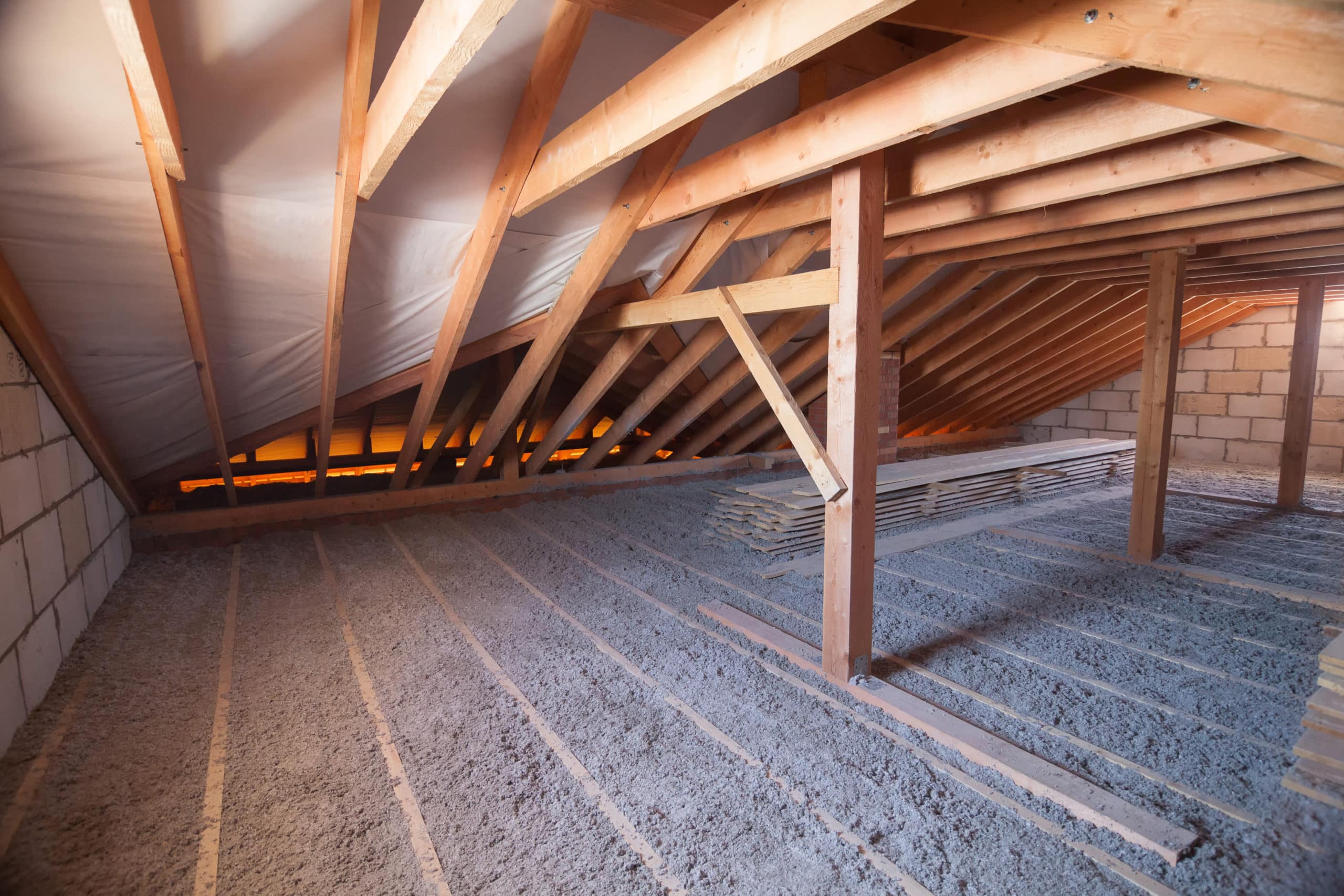Baeugi News Hub
Your source for the latest news and insightful articles.
Insulation: Your Home’s Best Kept Secret to Cozy Living
Unlock the secret to a cozy home! Discover how insulation transforms your space into a warm haven all year round.
Understanding the Benefits of Home Insulation: Why It Matters
Understanding the benefits of home insulation is crucial for homeowners looking to enhance energy efficiency and boost comfort levels. Proper insulation acts as a barrier against heat loss in the winter and heat gain in the summer, leading to significant savings on energy bills. According to the U.S. Department of Energy, well-insulated homes can reduce energy consumption by up to 30%. This not only translates into lower energy costs but also contributes to a reduced carbon footprint, making it a win-win for your wallet and the environment.
Moreover, home insulation plays a vital role in maintaining indoor air quality. Properly insulated homes can prevent drafts and reduce moisture buildup, which can lead to mold growth and other indoor air pollutants. The Environmental Protection Agency emphasizes the importance of controlling humidity levels to prevent mold. Additionally, a well-insulated home provides consistent temperature regulation, ensuring a comfortable living space year-round. Investing in quality insulation not only enhances comfort but can also increase property value, making it an essential consideration for every homeowner.

How to Choose the Right Insulation for Your Home: A Comprehensive Guide
When considering how to choose the right insulation for your home, it's essential to understand the different types available. Common options include fiberglass, cellulose, spray foam, and mineral wool. Each type has its advantages and disadvantages regarding energy efficiency, durability, and installation methods. For example, fiberglass insulation is popular due to its affordability and effectiveness, while spray foam provides excellent air sealing and thermal resistance but can be more costly. Start by assessing your home's specific needs, including its climate, the areas needing insulation (like attics or walls), and your budget.
Once you've selected the type of insulation, it's crucial to consider the R-value, which measures insulation's thermal resistance. A higher R-value indicates better insulating properties, helping you make a more informed choice. To further guide your decision, consult the Department of Energy for recommendations based on your region. Additionally, seeking professional advice from a certified contractor can provide insights into the best insulation materials for your home, ensuring optimal performance and efficiency.
Is Your Home Efficient? Signs You Need Better Insulation
A well-insulated home is crucial for maintaining energy efficiency and comfort throughout the year. If you notice your heating and cooling bills rising without a corresponding change in usage, it may be a sign that your home lacks proper insulation. Signs you need better insulation often include drafts in rooms, uneven temperatures, and cold walls. Additionally, if your home feels stuffy or humid in summer, it could indicate that heat is not being effectively minimized due to insufficient insulation. For more detailed insights on home insulation, check out this Energy Saver guide.
Another clear indication that your home may need improved insulation is the presence of moisture or condensation on windows and walls. This not only feels uncomfortable but can also lead to mold growth and other issues. Inspect your attic and basement—areas of your home that often need extra attention—to determine whether they are adequately insulated. If you find gaps or areas where insulation appears to be missing, it's time to take action. A thorough home energy audit is a fantastic way to identify insulation deficiencies; you can learn more about this process through the Department of Energy.